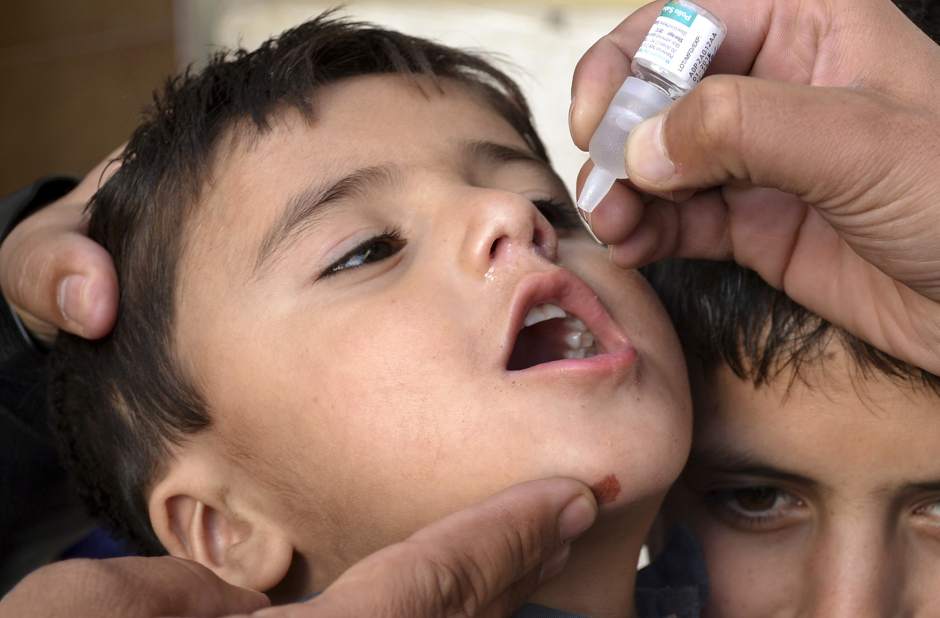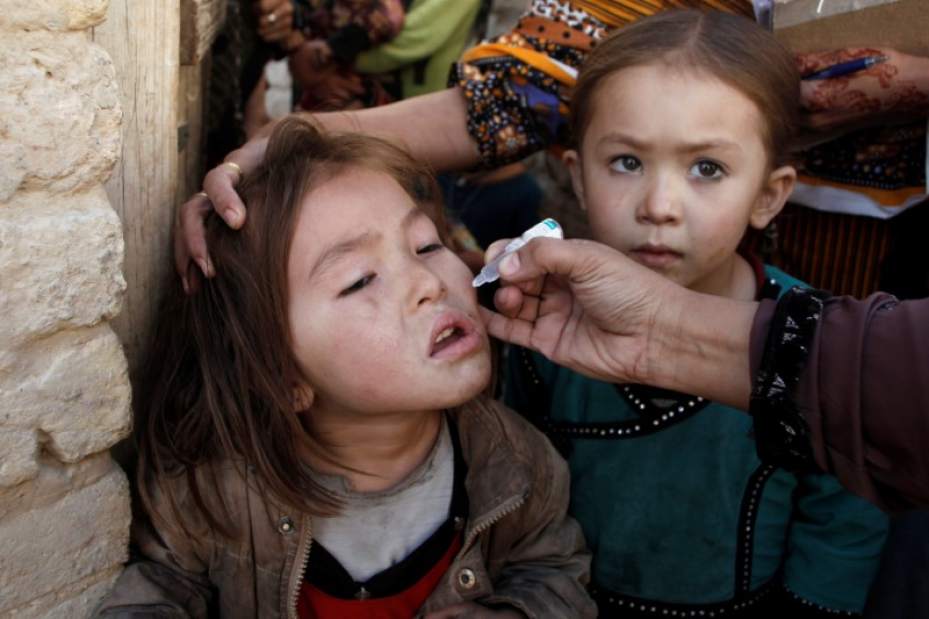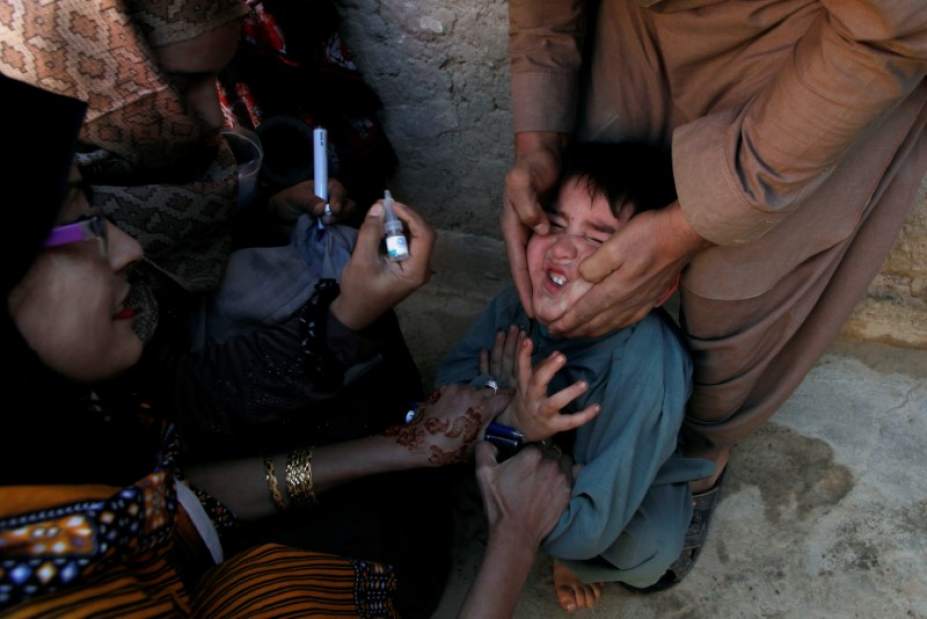Salk's son: Eradication of polio would make Pittsburgh proud
Once a worldwide affliction, polio now teeters on the brink of extinction — only 35 cases were reported worldwide at the end of 2016.
Still, there's no cause to celebrate. Eradication efforts could take a serious hit this year due to a shortage of injectable vaccines.
“The eradication of polio has been tantalizingly close for years now,” said Dr. Donald Burke, dean of the University of Pittsburgh Graduate School of Public Health. “Currently, it's only transmitted in places where there's major political instability.”
Since Jonas Salk broke through with the first polio vaccine at the University of Pittsburgh in the 1950s, mass immunizations nearly wiped out the virus throughout the world. In 1988 a global campaign launched to vaccinate every child.
Salk died in 1995. His eldest son, Dr. Peter Salk, president of the Jonas Salk Legacy Foundation, will be at Pitt's Graduate School of Public Health Wednesday through Friday. Peter Salk, one of the first recipients of his father's vaccine, is scheduled to give a free public lecture Wednesday evening about the complexities of polio eradication.
Salk's achievement ended years of fear and anxiety surrounding an illness that spread misery and death in the United States from the late 1800s to the mid-20th century.
At its peak, polio crippled an average of 1,000 children every day in more than 125 countries.
“When polio is ultimately eradicated, it will be something the University of Pittsburgh and Pittsburghers in general can be proud of,” Salk told the Tribune-Review. “The University played a major role in something that will be earthshaking.”
Before that milestone is achieved, Salk's injectable form of the vaccine must be brought to the remaining three countries that still harbor polio: Afghanistan, Pakistan and Nigeria. Additionally, the virus could resurface in other countries. Salk's formula uses a killed virus to cause an immune response.
An oral version of the vaccine developed by Dr. Albert Sabin of the University of Cincinnati is given via liquid drops, making it cheaper and easier to administer.
The oral vaccine contains weakened live polio viruses which replicate in the intestinal tract and, in rare cases, can revert back to a dangerous form and cause polio in the recipient.
“It can then be transmitted to contacts and gain the capacity to circulate and cause polio outbreaks,” Salk said.
The viruses in Salk's injectable vaccine have been chemically killed and cannot cause polio.
An international eradication campaign by the World Health Organization, Centers for Disease Control and Prevention, UNICEF, Rotary International and the Bill and Melinda Gates Foundation, expected to deliver 110 million doses of injectable polio vaccine in 2016. However, manufactures told the groups they could only supply about half of the vaccine, Salk said.
“The main challenge is availability,” he said. “Economics favored the oral vaccine; you don't need trained medical personnel and you don't need to deal with syringes and needles.”
Political challenges also continue. Salk said extremist groups like the Taliban view polio vaccination campaigns as a cloak for Western spies, provoking attacks on vaccinators during immunization efforts in Pakistan.
“There have been vaccinators killed by the Taliban,” he said. “We have to do the best job we can as human beings to respect the difference between ways of thought and political ideas and religious systems and recognize a commonality we all share that eradicating this disease would be beneficial to everyone.”
Salk feels pride during each visit to Pittsburgh.
“It's uplifting to see how important my father's work was to the people of the city,” he said. “There's such a good feeling directed toward his name. It makes me very happy.”
Burke, who is also the first occupant of the UPMC-Jonas Salk Chair in Global Health, is proud to help host him.
“We can be proud of the Steelers and Penguins, but we should at least be just as proud of Jonas Salk,” Burke said. “It's important to celebrate what is arguably one of the most important achievements in U.S. medical history. Jonas Salk really set the standard for being able to evaluate a vaccine in the setting of an epidemic. It's something the city of Pittsburgh and university should never forget.”
Burke, who worked alongside Jonas Salk in later years on research toward creating AIDS vaccines, remembered him as an engaging, warm person.
Salk's son agreed.
“He really cared about people,” he said. “People often commented that they always had his full attention when speaking with him. His door was always open and he liked to bring out the best in people. He always wanted to find ways to uplift people to find the best within themselves.”
Ben Schmitt is a Tribune-Review staff writer. Reach him at 412-320-7991 or bschmitt@tribweb.com.






